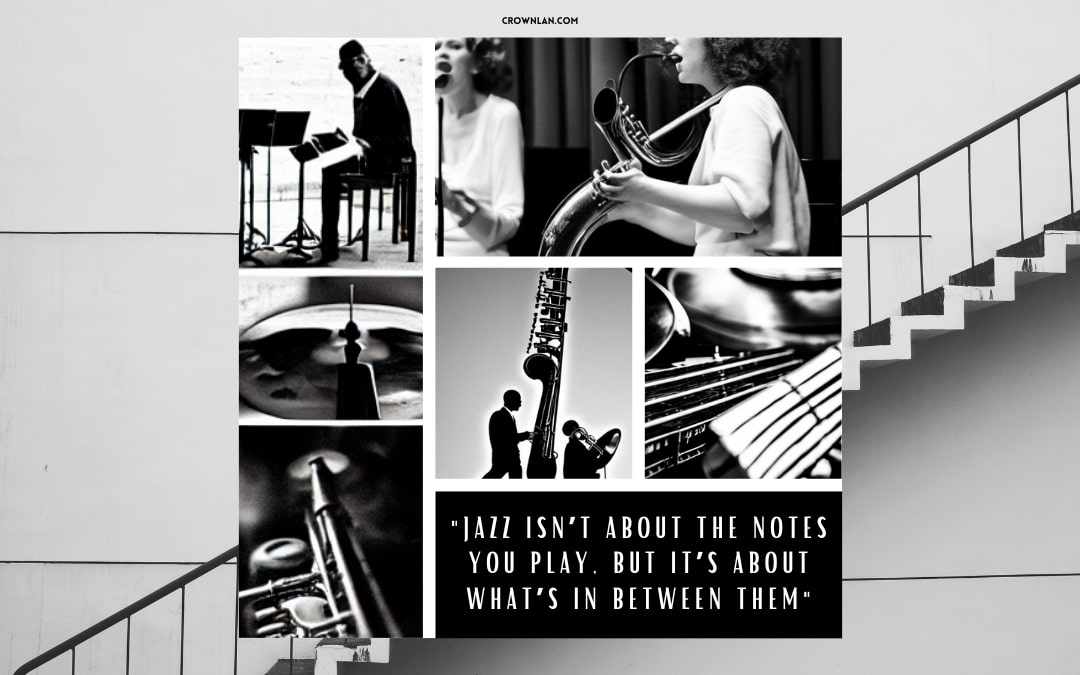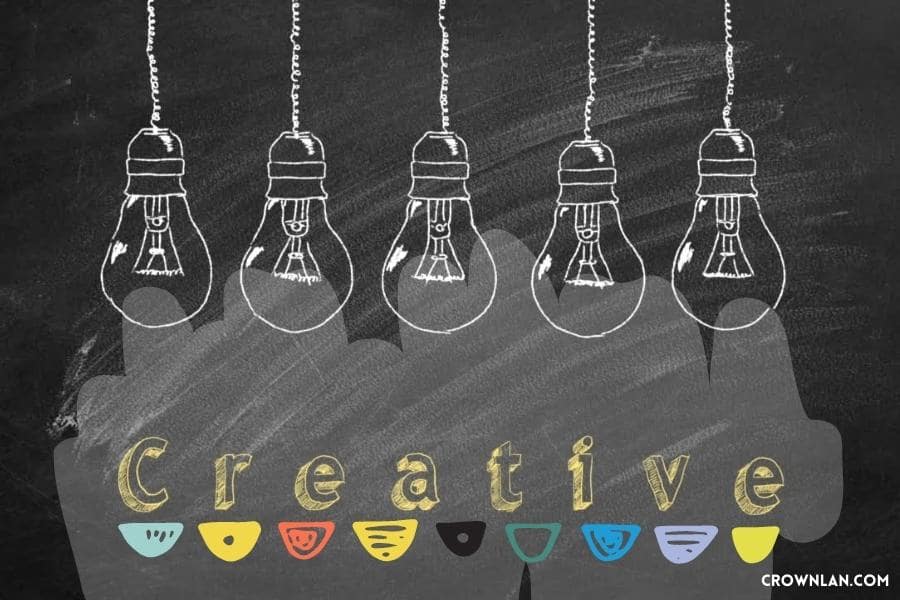How Learning a Musical Instrument Can Benefit Your Brain: The Importance of Music Education.
Music has been an integral part of human culture for thousands of years. From the earliest vocal sounds to the most complex symphonies, music has the power to move us, inspire us, and bring us together. But music is not just a form of entertainment – it can also have profound benefits for our brains and our lives. In this post, we’ll explore the importance of music education and how learning an instrument can benefit your brain and your life.
First and foremost, music education has been shown to have a positive impact on cognitive development. Learning to play an instrument requires a high degree of focus, concentration, and memory, all of which are essential skills for academic success. Studies have shown that children who receive music education perform better on tests of spatial-temporal reasoning, which is the ability to visualize and manipulate objects in space and time.
But the benefits of music education go beyond just cognitive development. Learning to play an instrument can also have a positive impact on emotional and social development. Playing music requires collaboration and communication, which can help children develop important social skills like teamwork, empathy, and communication.
In addition, music has been shown to have a powerful effect on mood and emotional well-being. Playing music can be a form of self-expression and can help to reduce stress, anxiety, and depression. Listening to music can also have a calming effect and can help to improve mood and reduce symptoms of anxiety and depression.
But the benefits of music education are not limited to childhood. Adults can also benefit from learning an instrument or participating in music activities. Playing music can be a form of stress relief and can help to improve cognitive function and memory. In fact, studies have shown that adults who participate in music activities have better cognitive function and are less likely to develop dementia later in life.
In addition, playing music can be a form of self-expression and can help adults to connect with others and build social connections. Whether it’s playing in a band or attending concerts, music can bring people together and create a sense of community.
So how can you get started with music education? The good news is that there are many resources available for people of all ages and skill levels. Many schools offer music education programs, and there are also private music schools and teachers who can provide lessons.
In addition, there are many online resources available for people who want to learn an instrument on their own. YouTube is a great resource for instructional videos, and there are also many websites and apps that provide tutorials and practice exercises.
Online music education platforms like Udemy, Skillshare, MasterClass, but also Coursera offer a range of music courses, some of them developed by prestigious academies like Berklee College of Music. Websites like Fender Play and Yousician provide interactive lessons and personalized feedback.
If you’re interested in learning an instrument, it’s important to find one that you enjoy and that suits your interests and abilities. Whether it’s the guitar, piano, or drums, there is an instrument out there for everyone.
In addition, it’s important to approach music education with a positive attitude and a willingness to learn. Learning an instrument can be challenging at times, but with practice and perseverance, anyone can become a proficient musician.
If you are an adult, a must-read book is “Guitar Zero: The Science of Becoming Musical at Any Age” by Gary Marcus. This book is a fascinating exploration of the human brain and its ability to learn music. Marcus, a cognitive psychology professor, shares his personal journey of learning to play the guitar and delves into the science behind musical talent and how anyone can develop it. The book traces the author’s journey in becoming a musician and explains how both children and adults become musical, as well as how anyone can learn too.
In conclusion, music education is an important part of cognitive, emotional, and social development. Learning to play an instrument can benefit your brain and your life in many ways, from improving cognitive function and memory to reducing stress and anxiety. Whether you’re a child or an adult, it’s never too late to start learning an instrument and experiencing the many benefits of music education.





